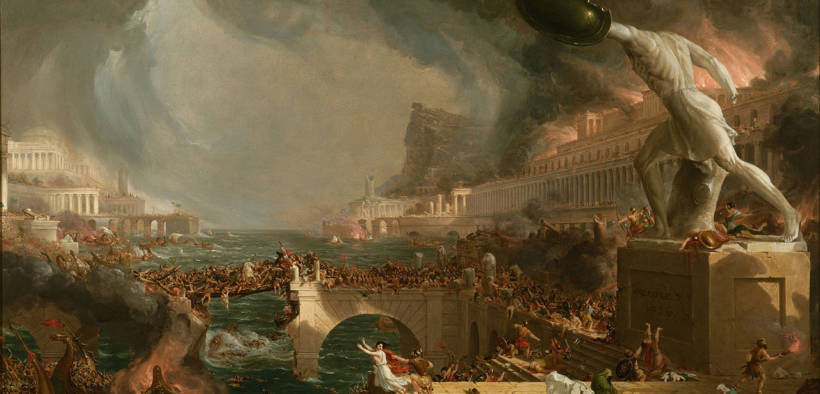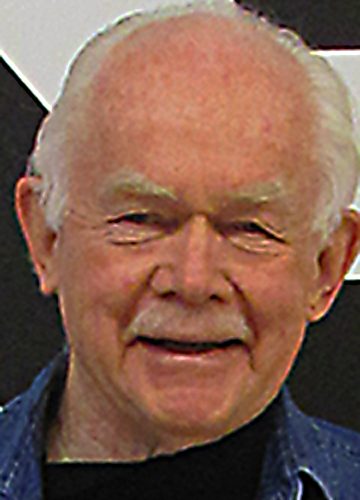What The World Is…

It is possible, I suppose that sometime we will learn everything there is to learn: what the world is, for example, and what it means – Mary Oliver from “Daises”
I have had a love affair with the work of Mary Oliver since I heard her read on the huge stage in John M. Greene Hall at Smith College many years ago. The evening did not begin as planned. One of America’s unparalleled wordsmiths, this tiny prolific poet, was not scheduled to read from a stage capable of hosting a full symphony orchestra. The original plan was to have Oliver read, as did all the other poets in the Smith College poetry series, in a small and intimate Weinstein Auditorium.
I arrived early and was lucky to secure a single seat before every other seat was quickly filled. Still, they kept coming. Oliver fans began standing and sitting in the descending aisles on either side of the seating area. When that space was filled, adventurous people went up onto the tiny stage and sat down at the rear of the stage floor facing toward the audience and what would have been Oliver’s back. Still, they kept coming… so many people eager to see and hear Mary Oliver in person, in real time.
The director of the poetry series stepped onto the front of the small stage to announce that Mary’s reading would now be moved to the much larger, nearby John M. Greene Hall. An excited exodus erupted as 200 plus people headed across campus for the much larger performance venue. I was able to get a seat 5 or 6 rows back from the large stage on the left side of the Hall. People just kept coming in. I looked around to see the Hall near to capacity that I estimated to be around 1,500 people.
After she was introduced, Oliver was greeted with a wave of appreciative applause as she walked out to front and center on this large performance plateau. The audience slowly settled in and started to quiet down. Oliver simply occupied the space in which she was standing, a powerful presence that didn’t come at you or recede from you. She stood there in the growing silence. As the audience quieted even more, no coughs, no rustling of programs, you could hear a pin drop. Then we heard Maty Oliver’s voice as she read her first poem. She could be heard by every single person in that cavernous space. A diminutive person whose quiet words spoke loudly about her intimate relationship with the world as she had come to know it.
That experience and the thunderous applause she received at the end of the evening remains vividly imbedded in my memory machine. The power of a single voice with something of value to say, speaking to 1,500 people paying rapt attention, was an experience that I’ve had only a few times in my life.
At this moment in our time, we are hearing other powerful voices from charismatic, if unholy, individuals rising above our noisy nation in racist rhetoric. In opposition, we are hearing millions of people gathered together on the streets of small towns and large cities in protest against these messages of white supremacy. Their powerful, multi-cultural collective voice is being heard loud and clear in the United States. And in the world. The collective voice is drowning out the individual voices of our white supremacist president and his legions of lemming-like sycophants.
Back to Mary Oliver. She who wrote “It is possible, I suppose that sometime we will learn everything there is to learn: what the world is, for example, and what it means.” I am failing to connect my own life experience to that of Oliver’s. I don’t like what I am learning about the world. What I keep learning about the world is disconnected from Oliver’s intimate and sacred connection to nature. What it means to me right now is that I am living in a zone of awareness in which I am witnessing the decline of American society. And in the rest of the world. There is a beginning, a middle and an end to everything. I cannot avoid my observation that we are in the end game phase of what our American society was building toward, but has never achieved.
I will be long gone before that end arrives for everyone in the United States. And for rest of the world. That’s what my discovery of what the world feels like to me at this time in my eight decades plus of life. I’m finding it difficult, as Oliver wrote in her poem, “to take what is given, to see what is plain; what the sun lights up willingly.” My discovery of what the world feels like to me at this time, in my time, haunts me for reasons beyond articulation. It is a dark time. The only light I can see at the end of this dark tunnel is the sound of the rising voice of the people.
Despite the aura of omnipotence most empires project, a look at their history should remind us that they are fragile organisms. So delicate is their ecology of power that, when things start to go truly bad, empires regularly unravel with unholy speed: just a year for Portugal, two years for the Soviet Union, eight years for France, 11 years for the Ottomans, 17 years for Great Britain, and, 22 years for the United States, counting from the crucial year 2001.
Ten years ago, in Salon, Alfred McCoy wrote “Future historians are likely to identify the Bush administration’s rash invasion of Iraq in that year as the start of America’s downfall. However, instead of the bloodshed that marked the end of so many past empires, with cities burning and civilians slaughtered, this twenty-first century imperial collapse could come relatively quietly through the invisible tendrils of economic collapse or cyberwarfare.” His words are undeniably prescient.
McCoy went on to say that “when Washington’s global dominion finally ends, there will be painful daily reminders of what such a loss of power means for Americans in every walk of life. As a half-dozen European nations have discovered, imperial decline tends to have a remarkably demoralizing impact on a society, regularly bringing at least a generation of economic privation. As the economy cools, political temperatures rise, often sparking serious domestic unrest.”
Why does this decade-old prognostication feel as if it were written today? Because it’s true.
In 2010 McCoy wrote that “available economic, educational, and military data indicate that, when it comes to U.S. global power, negative trends will aggregate rapidly by 2020 and are likely to reach a critical mass no later than 2030. The American Century, proclaimed so triumphantly at the start of World War II, will be tattered and fading by 2025, its eighth decade, and could be history by 2030.”
Well, its 2020. What’s your takeaway?
Quite aside from the economic, educational and military crises of the moment, the Bulletin of Atomic Scientists states that “humanity continues to face two simultaneous existential dangers – nuclear war and climate change – that are compounded by a threat multiplier, cyber-enabled information warfare, that undercuts society’s ability to respond. The international security situation is dire, not just because these threats exist, but because world leaders have allowed the international political infrastructure for managing them to erode.” Thus the Bulletin’s Doomsday Clock is set at 100 seconds before a possible midnight that will devastate the world beyond imagination.
Author and historian William R. Everdell said the concept of the rise and fall of civilizations is “more a pattern in the mind than a pattern in the world.” He says we are prone to falling into the trap of attributing succinct lengths and story arcs to civilizations as well. Whatever the time frame, America is on the skids.
An earlier clear and conscientious voice, that of Irish poet William Butler Yeats, in 1919 when the blood was not yet dried from the “Great War” (World War I), could sense the next one coming. He wrote:
Things fall apart; the Center cannot hold;
Mere anarchy is loosed upon the world,
The blood-dimmed tide is loosed, and everywhere
The ceremony of innocence is drowned;
The best lack all conviction, while the worst
Are full of passionate intensity.
Dark days. A light at the end of the tunnel? A just released New York Times/Siena College poll reveals that “a majority of registered voters say they are anxious, exhausted and angry…” stated the Times on June 28. “Yet even as they brace themselves for months of challenges from the virus, many remain optimistic about the country’s future, viewing this moment of pandemic, economic devastation and social unrest as an opportunity for progress – one they can help shape.” It makes me wonder if these disaffected voters “see what is plain” and no longer accept “what is given?” I hope so.
By shaping “an opportunity for progress,” the Times is referring to November 3, the day Americans who really care can abolish an administration that has deeply wounded America.
Winston Churchill, one more prescient wordsmith, spoke to our challenges today saying: “Civilization will not last, freedom will not survive, peace will not be kept, unless a very large majority of mankind unite together to defend them and show themselves possessed of a constabulary power before which barbaric and atavistic forces will stand in awe.”
We have the coming together of a new American majority in the disheartened dystopia of America and in the emerging energy for change in the nation’s streets today. I wish them all God speed.







